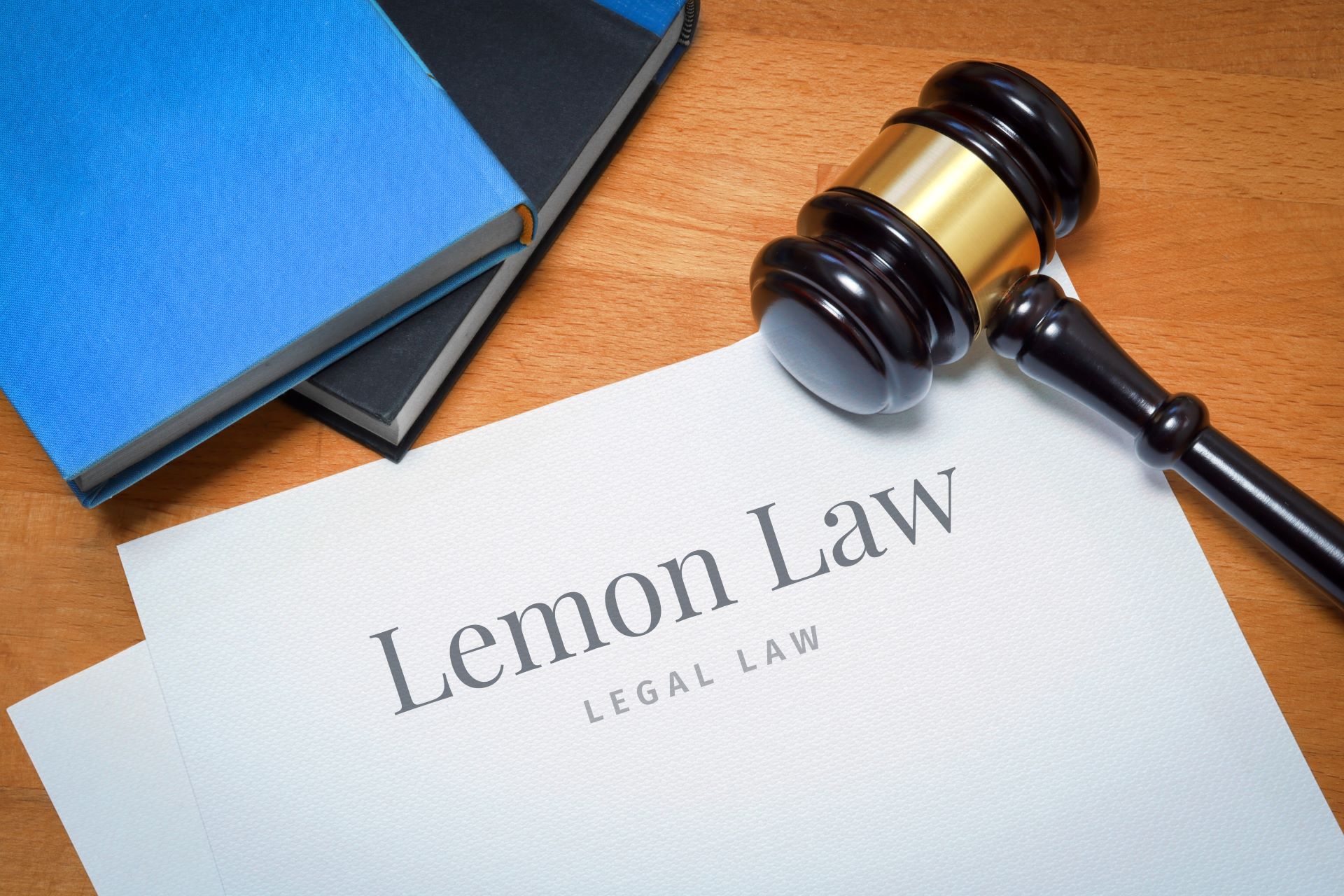Now Reading: Settling vs. Going to Court: What’s Best for Your North Carolina Case?
-
01
Settling vs. Going to Court: What’s Best for Your North Carolina Case?

Settling vs. Going to Court: What’s Best for Your North Carolina Case?
Most personal injury cases are settled without the need for a judge and a jury. Although this may seem like a good thing, sometimes it’s not always for the best and a lot of money could have been left on the table. Understanding the value of your case is very important, but sometimes the lines can get blurred and the thought of a quick settlement sounds like the answer to your problems.
If you’ve been involved in an accident that wasn’t your fault and you were injured, an attorney at Whitley Law Firm may be able to help. During a free consultation, a legal expert can evaluate your case and determine the best course of action that will compensate you in the best way.
How To Determine What Your Personal Injury Case Is Worth
Making the decision to work on a settlement or to allow the court to determine the outcome of your case can bring about a lot of stress. Obviously, you’ll want to do what’s best for you and this decision is not to be taken lightly. The thought of putting this tragic event behind you by signing on the dotted line and receiving a settlement could be tempting, but may not be the best. This highlights the importance of working with an experienced personal injury attorney who can help you sort through the pros and cons.
A big part of settling with an insurance company or going to trial will depend on the value of your case. The stronger the value of your evidence, the more your case is worth. Here are the major hurdles you’ll have to cross with any type of personal injury lawsuit.
Proving Negligence
North Carolina personal injury law states that you have the burden of proving that another person or entity owed you a duty of care and that they didn’t afford you this care and as a direct result, an accident occurred, you were injured, and suffered damages. Proving negligence is done with evidence like:
- Police accident reports
- Photos of the scene of the accident
- Eyewitness statements
Proving the Severity of Your Injuries
To file a successful personal injury lawsuit, you’ll need to prove that a negligent act caused you physical harm. Your injuries must be well beyond the bumps and bruises that are quickly healed. Much like proving negligence, you’ll have the burden of proving the severity of your injuries. Typical evidence of such can include:
- First responders notes
- Emergency room intake and discharge paperwork
- Medical records
- Photos of your injuries
Medical experts are imperial in such cases, as they can ensure that your situation is well-preserved and presented to obtain fair compensation.
Proof of Damages
Once you have proof of both negligence and injury, you’ll then have the burden of proving that you’ve suffered hardships. Damages can be of both an economic and non-economic nature. Evidence of damages typically includes:
- Medical bills
- Loss of past, current, and future income
- The cost of expected future medical treatments
- Loss of enjoyment of life
- Loss of consortium
- PTSD, pain and suffering, emotional distress
Factors That Influence the Value of Your Personal Injury Lawsuit
Some personal injury lawsuits are worth more than others. Certain factors will play into what a plaintiff can expect when it comes to compensation. A savvy personal injury attorney can help to ensure that all of your damages are covered, but there are a few things that will add value to your case. Factors that can influence the value of your claim include:
- The severity of injuries
- The age of the plaintiff
- The circumstances of the accident
The Benefits of Settling
The stronger your evidence, the stronger your case will be. Victims should never attempt to file a personal injury lawsuit or negotiate a settlement agreement without the guidance of a personal injury attorney. Insurance companies aren’t working for you and their job is to limit liability and avoid paying out more than necessary. With that in mind, negotiating a pretrial settlement does have its advantages.
- Saves time – From filing a personal injury lawsuit until the time it hits a courtroom can take quite a lot of time. Some cases aren’t presented to a judge and jury for a year or longer. Working towards a settlement agreement takes significantly less time.
- Guaranteed settlement – No matter how strong you and your legal team feel your case is, it’s always a gamble when presented in a courtroom. A pretrial settlement is an agreement from both the defendant and the plaintiff, and there are no hidden surprises.
- Less stress – Personal injury trials can be long and taxing. While your bills are piling up, you’ll have to wait for the final outcome of the trial. Trials are incredibly stressful and your personal life could be called into question while under oath. Settling out of court is a much easier process.
Settling or Going to Court in North Carolina: Final Thoughts
Knowing whether to settle or to battle your case in a courtroom can be a difficult decision to make if you don’t have experience with the law. This type of decision should never be made without first seeking out the guidance of an experienced North Carolina personal injury lawyer. Only with their expert advice can you make the best decision and receive the best possible settlement amount. If you’re unsure of what to do, seek the advice of a legal professional today.










